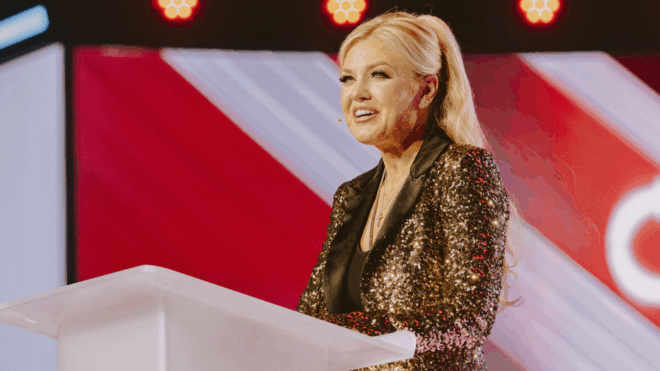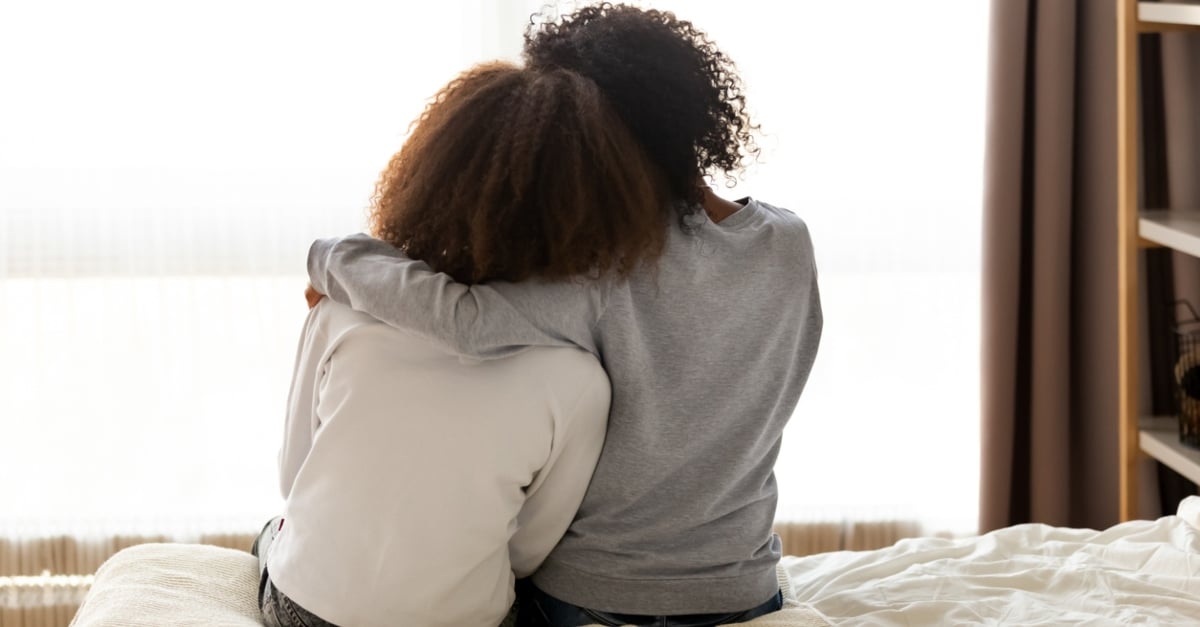
September was established as National Recovery Month in the US 31 years ago. The annual observation is intended to celebrate those who have entered into recovery and to promote the latest evidence-based treatments and recovery practices.
Addiction and substance abuse have always been parts of the human experience, and many parts of the US have been ravaged by the opioid crisis over the last few decades. The 2018 National Survey on Drug and Health Use included estimates that 10.3 million people aged 12 or older have abused or misused opioids that year. Of those 10.3 million, 9.9 million people misused prescription painkillers, while 808,000 people reported using heroin.
Kris and Katie Fontes are well acquainted with the misuse and abuse of painkillers and opioids. In 2009, Katie told her mother she was pregnant and that she had a "problem" with pain medication. This confession was the beginning of a journey that would take the mother and daughter through the deepest lows of opioid addiction.
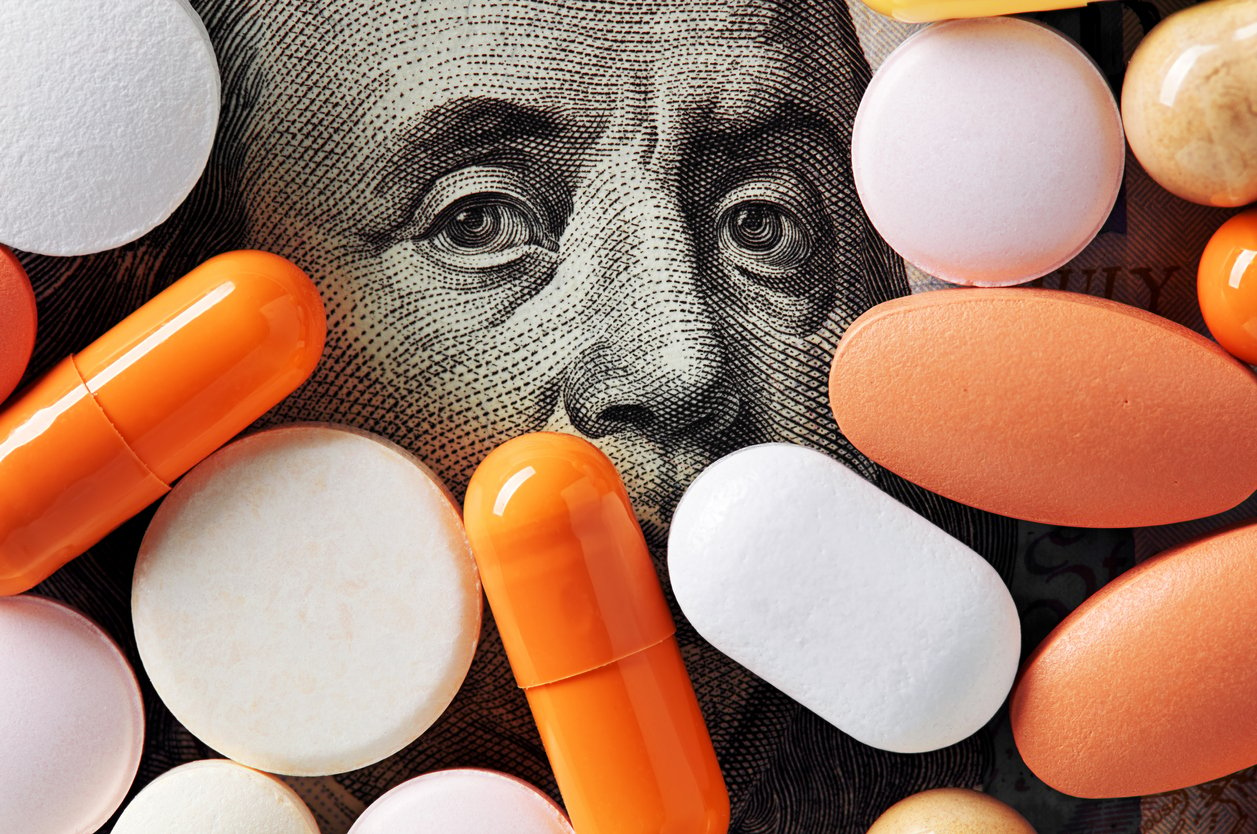
The reality of opioid addiction is that anyone alive is susceptible. The crisis has roots in the 1990s when pharmaceutical companies told doctors that prescription opioid pain relievers were not addictive, and doctors began prescribing the medication to more patients. When people began misusing the medications in droves, it became clear that opioids were in fact very addictive.

There isn't one "face" of the crisis. Somewhere between 21 and 29% of people who are prescribed opioids will misuse them, and of those, 4 to 6% of people will transition from medication to heroin.
But a lot of people still don't fully realize how easy it can to be fall prey to addiction. If they haven't experienced it, it can be hard to imagine.
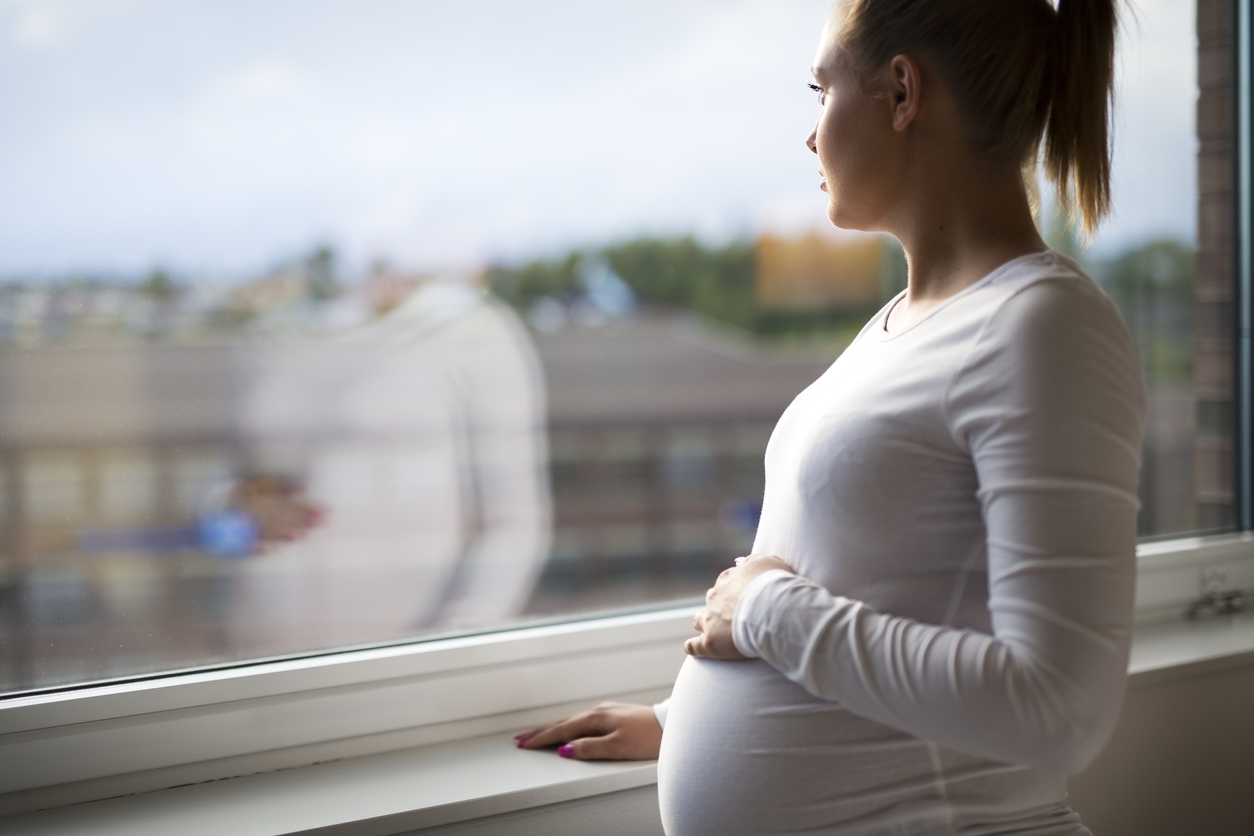
Kris and Katie Fontes have been coping with the consequences of Katie's addiction for years. After Katie told her mom in 2009 she had been wrestling with addiction, she also dropped another bombshell: she was three months pregnant with her first child. Katie's son, Ryder, was born in September 2009 and her family subsequently staged an intervention.

Kris recalled believing that rehab could save her daughter. "All she needed was to go to rehab and everything would be OK."
So Katie went to a 30-day program, but she promptly relapsed once she was finished. She and Ryder's dad, Tommy, lost their parental rights, and Katie started a cycle that would last for years.
"That went on for three years. Detox, rehab, AA meetings, relapse, detox, rehab, AA meetings, relapse."

Katie offered a refreshingly transparent take on why she — and others — battle addiction: "Well, the main factor is … it feels great. If you've got problems, it will temporarily solve them until you wake back up sober. You could do that for 10 years … put off your problems for as long as you possibly can. But eventually, you have to face them."
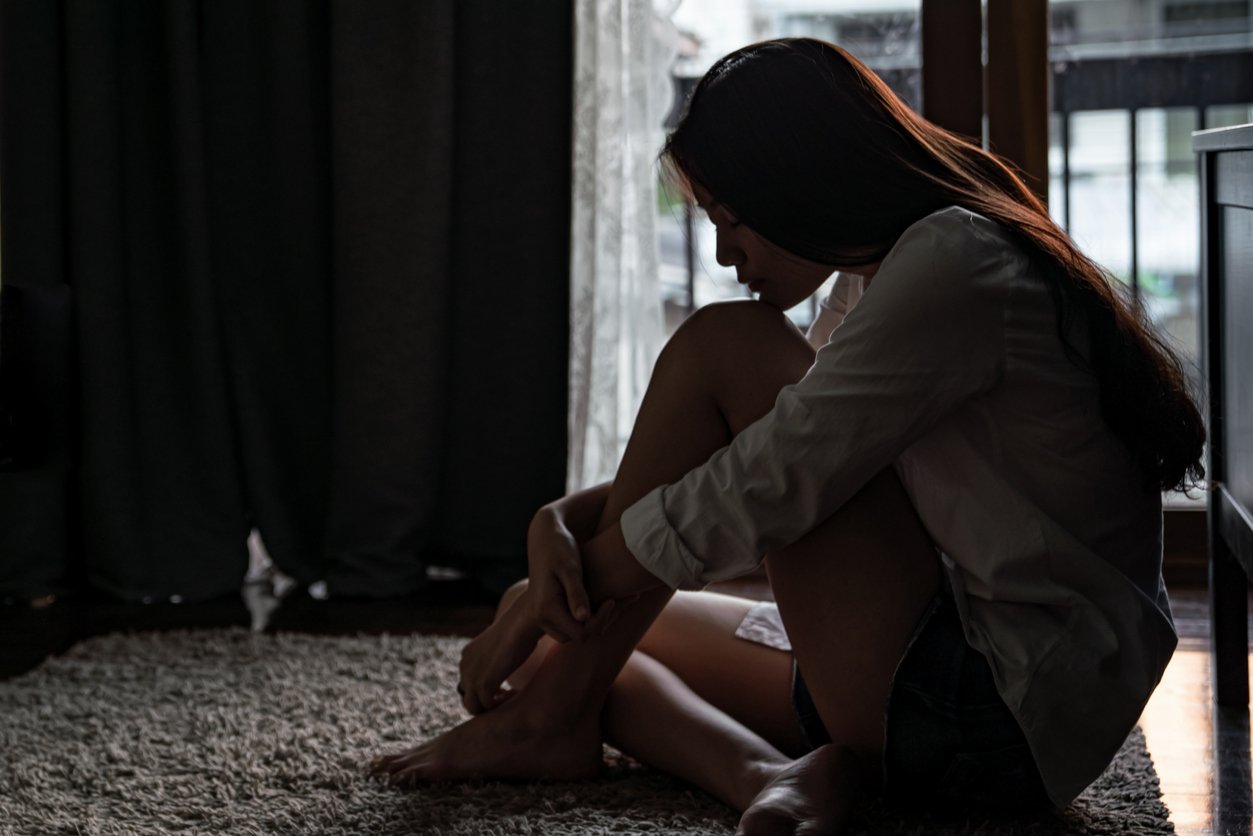
She added, "That's the problem, and that's another reason why you don't want to stop. It's not just the withdrawal, but then you've got to face all the stuff you've been putting off for so long."
Katie also added that for a lot of young people, the present and future seem bleak.
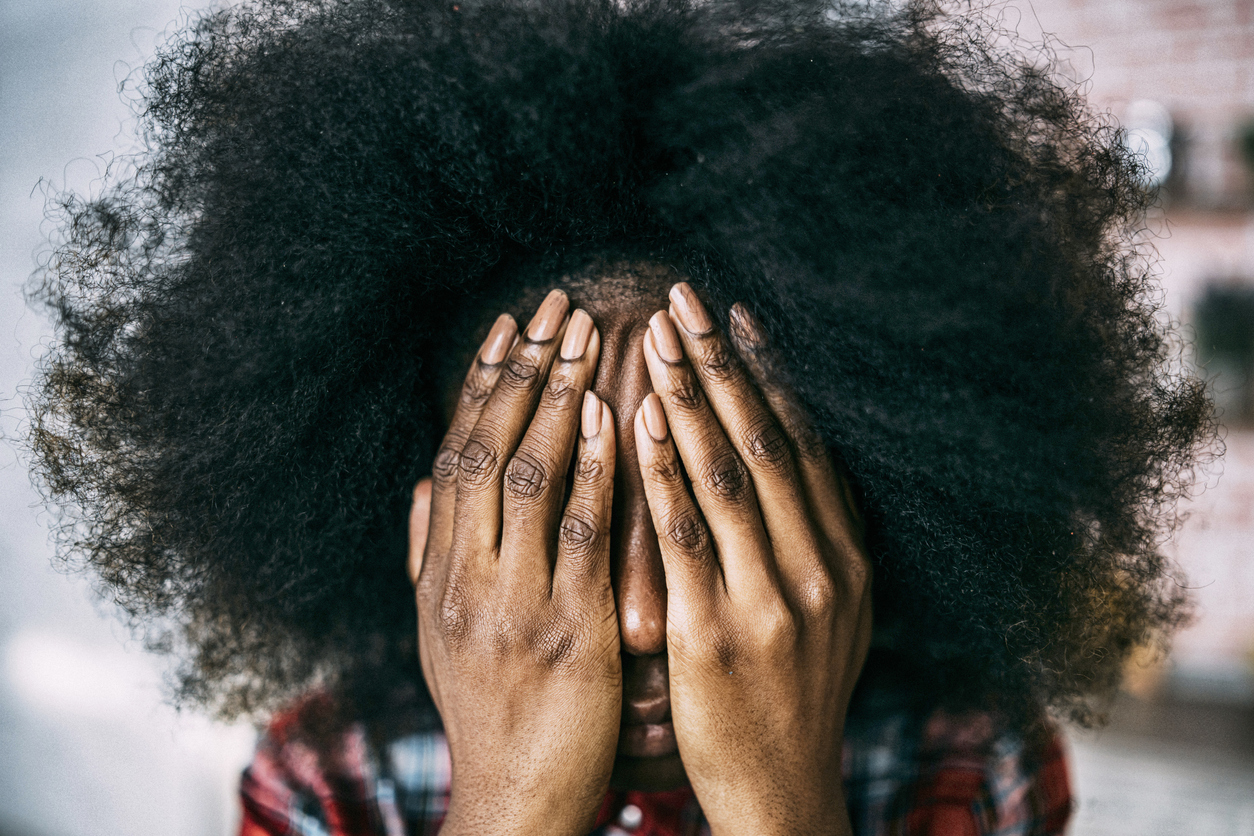
"There's just not a lot of jobs for young people these days … education costs a lot more, housing is hard, there's nothing to do except shoot drugs. And that's why a lot of young people go for it."
Katie and Kris have also encountered a lot of attitudes and beliefs about addiction that are unkind, or simply untrue.

Kris said that as a mom, it has been tough feeling like she is part of the reason that Katie was addicted for so long, and knowing that other people also blame her.
"I think for me, it would be that I enabled it for so long. [It was] out of love, but every time I did it, I was risking her life by giving her money or giving her a ride, or whatever she asked for. In the last 4 1/2 years, since she's been clean, that's not been the case at all. They can't say that to me anymore, but they can still bring it up as a past reference."
Katie echoed that knowing others won't let her shake her past actions has been especially painful.
"I did a lot of bad stuff, so a lot of people like to tell me about it."

To her credit, Katie is also remarkably transparent about how she ended up battling heroin addiction in her early 20s.
"I always experimented. At 15, I was smoking weed, stealing money, drinking vodka to the point where I probably should have died from alcohol poisoning like 800 times. But, you know, then you got to the dentist and you get a tooth pulled and you have some Vicodin and it made you feel good. Then the script was gone."
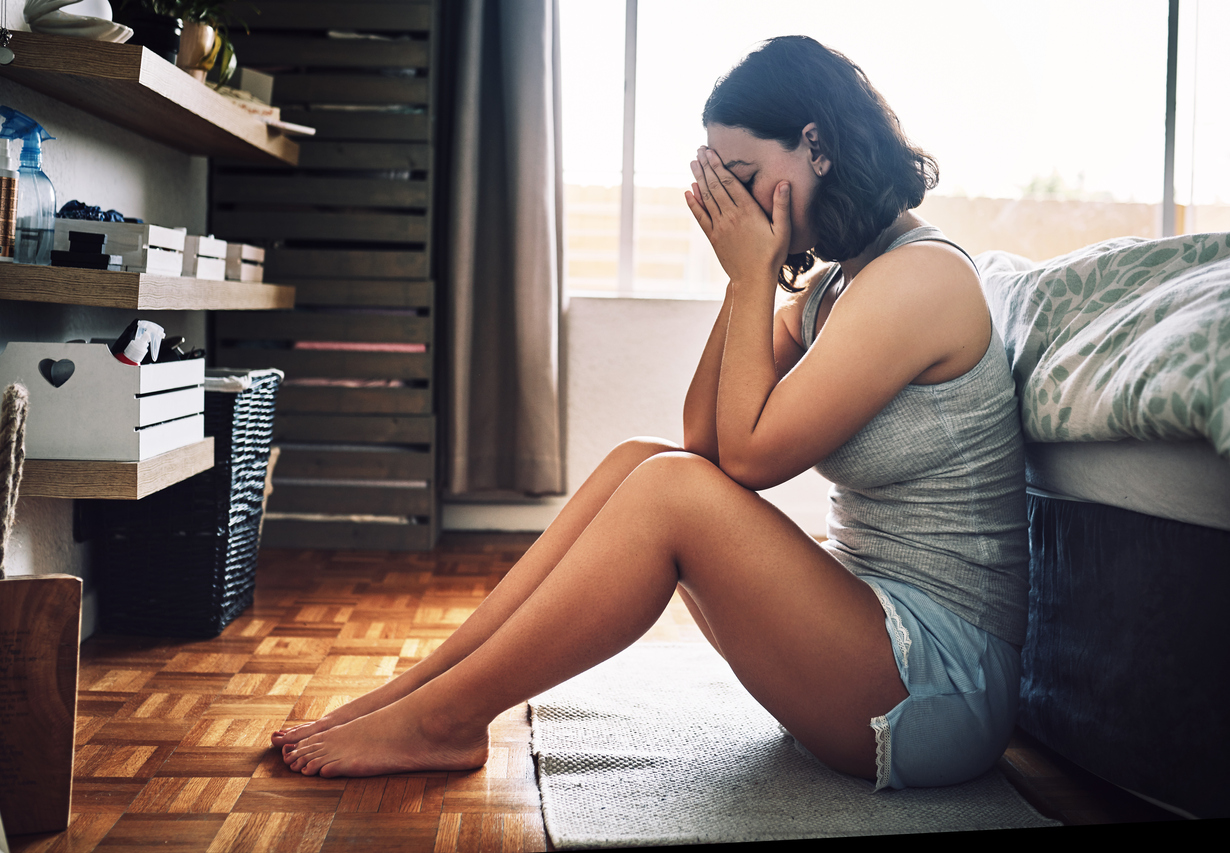
She said her pill habit didn't last long because it was expensive. "Oxycontin 180s … that was the huge epidemic when I started in 2007. Then I got pregnant, and heroin is … an 80 milligram Oxycontin was $80. A bag of heroin was $20. Same effect. So I was doing that from 2007, and then in 2009, I found out I was pregnant with my son. Three weeks right before I found out, I had started using needles."
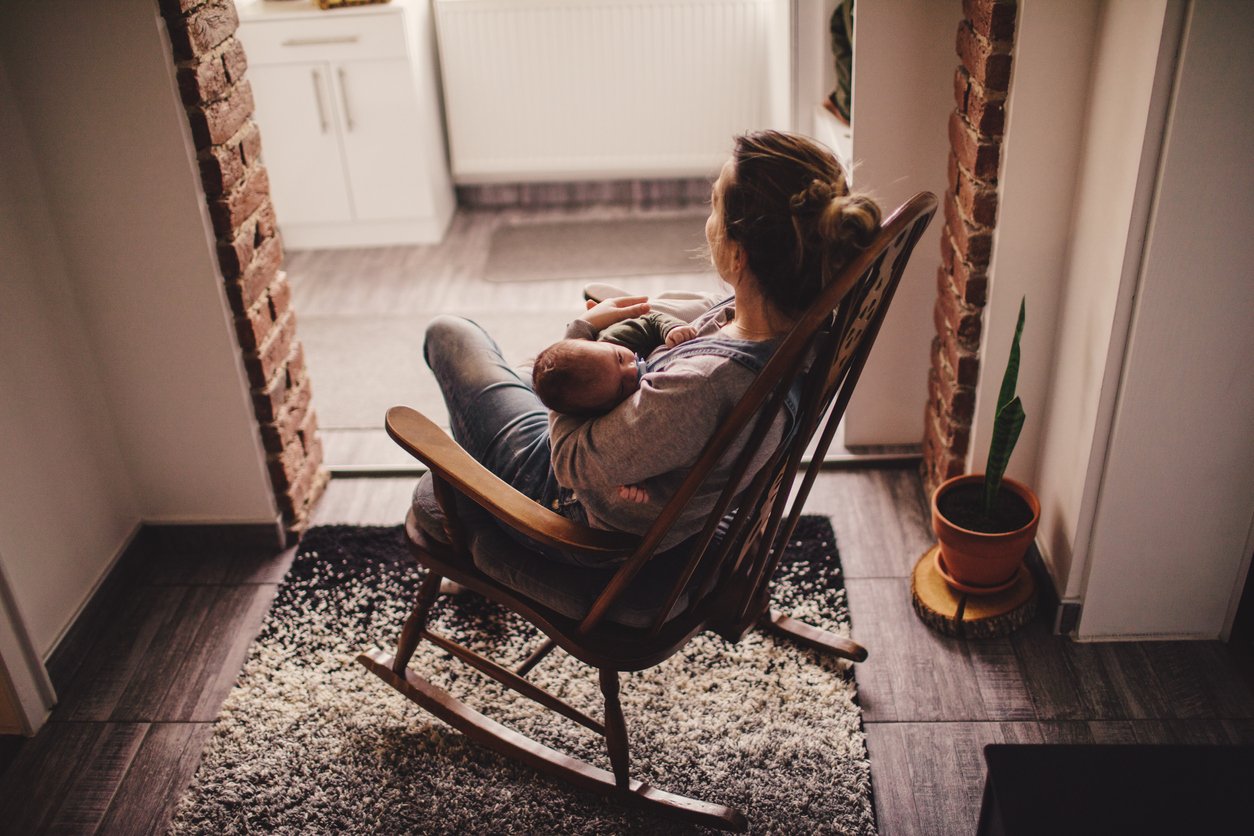
Kris shared that even after Katie was told she could lose her parental rights, she didn't think it would actually happen to her. "She didn't believe that would happen. She said, 'I come from a middle-class family, my mom's an art teacher, my dad's a chef. That doesn't happen to people like me.' But then …"
"It sure did," Katie jumps in. "When he was 5 days old."

Happily, Katie has been well on her way down the road of recovery for the last 4 1/2 years. She started taking the drug Vivitrol, a brand name for the generic drug naltrexone, which she still receives once a month. The drug is accessible, and Medicaid covers the cost, but there's one huge catch: Before you can receive treatment, you have to be completely free of opiates for 10 to 14 days. This is often what stops a lot of people from receiving treatment because two weeks is a long time.
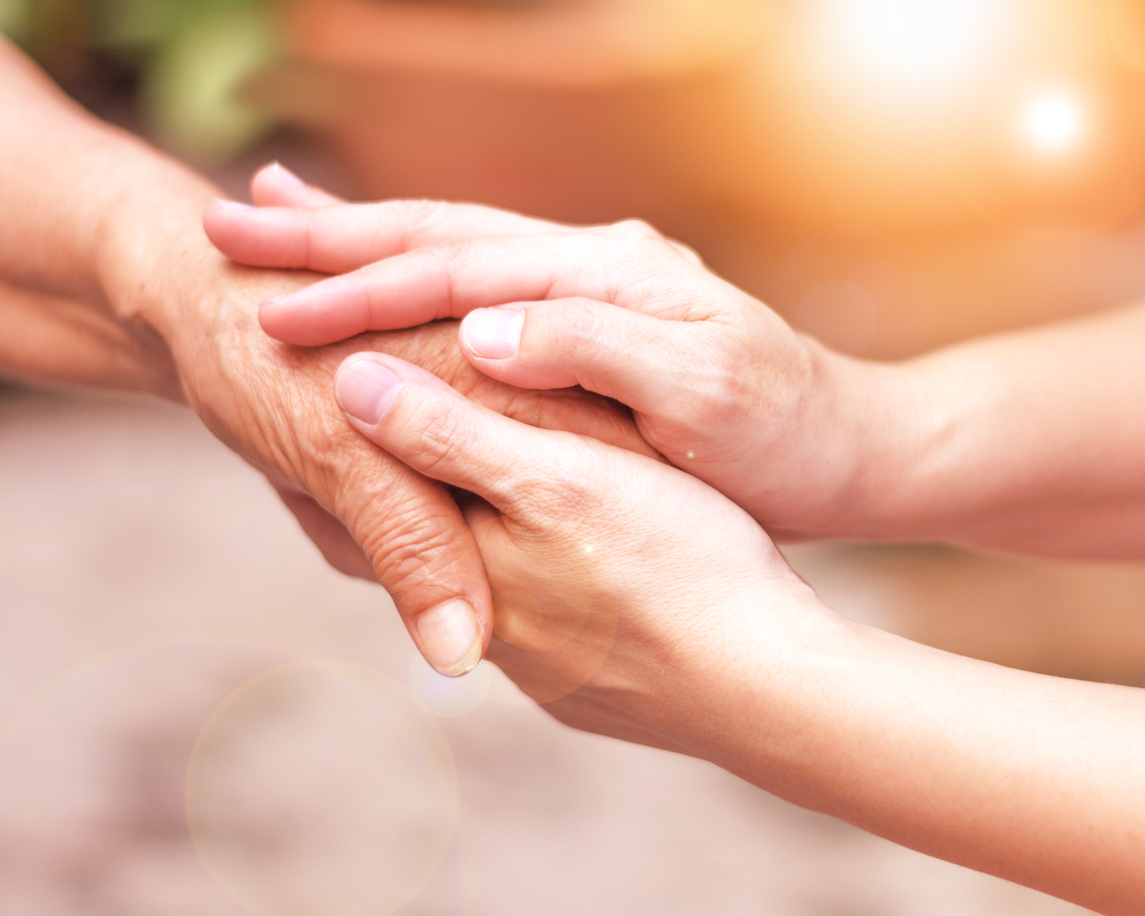
Kris says she had a plan. "I took Katie to the middle of the state of Pennsylvania. They opened up the gate, I drove my car in, they closed the gate. They took all her stuff out, they searched her bags, and they took her. I came back 10 days later and took her right [to receive] the shot."
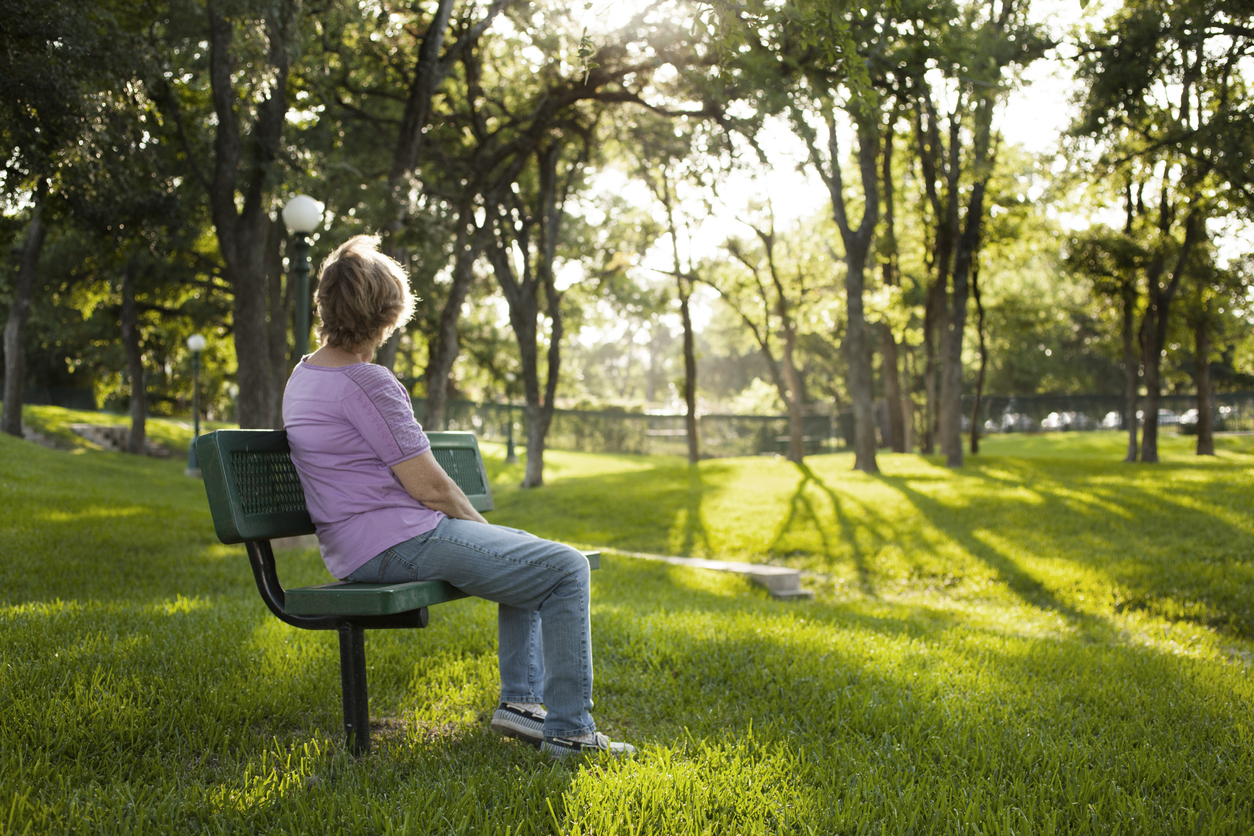
While Katie has done tremendous work toward her own recovery, Kris has also spent the last decade working on her own emotional and mental well-being. She believes this is vital for parents who are helping their children recover, but who also need support.
"I've been seeing a therapist for a long time, I was seeing a therapist before this. About two years ago, I was feeling something … it wasn't worrying about her, but I needed to talk to somebody. Every month or so, on my Facebook feed, I put a message that says if anyone is suffering from addiction, or if their loved ones are, to please feel free to message Kate or me. She doesn't mind that, because helping other people is part of the mission."

